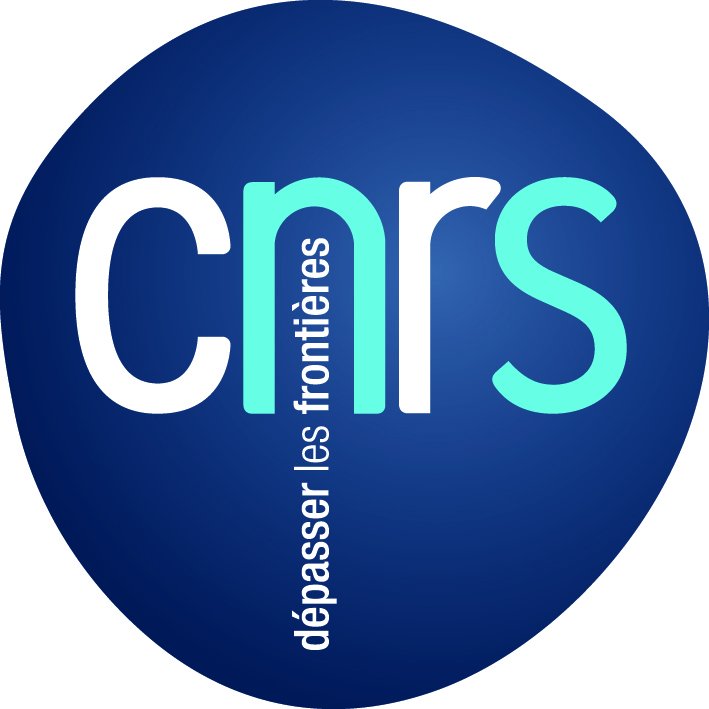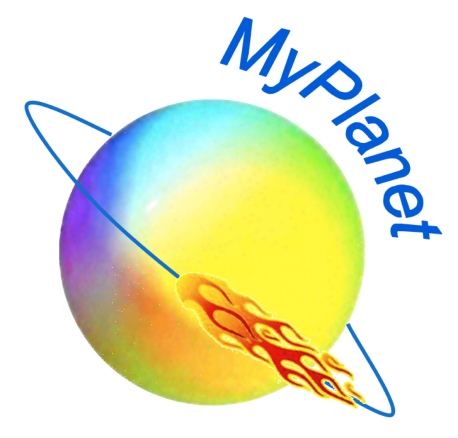

Toward petaflop numerical simulation on parallel hybrid architectures
june, 6-10, 2011
INRIA
Sophia Antipolis, France
| with the support of |
|
- Introduction to modern HPC systems based on multiple-core, GPU, FPGA, etc.
- Low level programming models and environments (in particular, CUDA, OpenCL and HMPP) and their hybridization with MPI or OpenMP – Virtualization – Communication operations in heterogeneous systems
- High level programming models and environments (such as PyCUDA, CLyther, etc.)
- Numerical algorithms adapted to modern HPC systems: numerical linear algebra for dense and sparse linear systems, algebraic resolution algorithms (domain decomposition and hierarchical methods), FFT
- Methods for performance evaluation and optimization in relation to the hardware characteristics of modern HPC systems
- OpenSource environments for scientific computing on modern HPC systems
- Luc Giraud, Equipe‐projet HiePACS, INRIA Bordeaux ‐ Sud‐Ouest
- Loïc Gouarin, LAGA, Laboratoire de Mathématiques - Université de Paris - Sud 11
- Stéphane Lanteri, Equipe‐projet Nachos, INRIA Sophia Antipolis ‐ Méditerranée
- Violaine Louvet, Institut Camille Jordan, Lyon
- Jean Roman, LABRi et Equipe‐projet HiePACS, INRIA Bordeaux ‐ Sud‐Ouest
- Students: 100€
- Academics: 300€
- Full rate: 600€
Objectives
Benefiting from the ever increasing performances of processing facilities, scientific computing finds nowadays numerous industrial applications as well as applications of interest to well being in our daily society (environmental and health related applications). well. In order to tackle the complexity of the problems that scientific research and engineering design communities are facing nowadays, parallel computing has became a mandatory path for taking full benefit of these computing resources. Modern petascale (and future exascale) computing systems are massively hybrid (heterogeneous) parallel architectures. These systems are based on Non-Uniform Memory Architecture (NUMA) nodes interconnected by high speed networks, each node being organized around an heterogeneous set of processing units: multiple-core chips, Graphical Processing Units (GPU) or other types of accelerator cards. These processing units are fed by complex multi-stage memory units, and for the full systems to be productive (i.e. to deliver sustained application performance in an acceptable relation to the peak) they require computer programs that can efficiently manipulate this kind of memory hierarchy. In this context, this school aims at presenting some recent developments concerning programming models and environments, as well as on generic numerical algorithms, targeting modern high performance computing (HPC) systems. The program of the school is organized around the following topics:
Moreover, the schedule of the school will also include presentations of practical experiences with the development of numerical methodologies for solving computational physics problems.
Organizers
Registration fees
The registration fees include school attendance, lunches and coffe breaks, from June 6-10, 2011 and a welcome cocktail.

